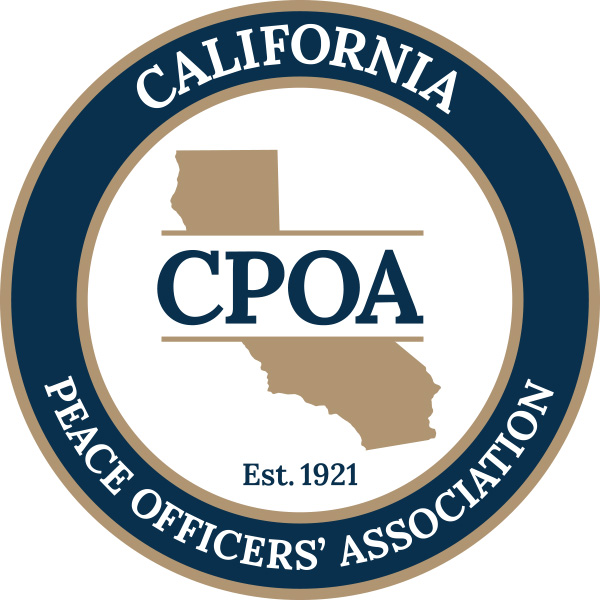By: Shaun Rundle, Deputy Director.
To little surprise, the 2021 legislation proposing the biggest changes to modern policing have been safely and swiftly moving through the Legislature. I have provided opposition testimony on a few of them, but the loud public support in great numbers has helped propel the measures forward. While some bills are topics raised (and failed) in 2020, recent nationwide events have given them new life in 2021. In addition, some of those topics are proposed by legislators taking up new posts in Sacramento, such as our incoming Attorney General of California.
CPOA’s Law & Legislation Committee has spend the last few months reviewing, in detail, bills that would negatively impact public safety in California. In between, there have been a few good ones no doubt. Simply, the Legislature in Sacramento can’t get enough reform, even though many measures they’re proposing have either been vetoed by the governor, defeated in committee, or the bills just didn’t have the needed votes to pass simply majority.
Bills that have passed policy committees and await debate on the floor:
AB 333 (Oppose)- Redefines the terms “pattern of criminal gang activity” and “criminal street gang” for the purposes of the gang offense, enhancement, and alternate penalty under the STEP Act and requires bifurcation of gang-related prosecutions from prosecutions that are not gang-related.
SB 57 (Oppose)- Permits the City and County of San Francisco, the County of Los Angeles, and the City of Oakland to approve entities to establish and operate overdose prevention programs (OPPs) until January 1, 2027 and requires OPPs to provide specified services, including supervision by trained staff and referrals for treatment.
Bills that passed policy committee and await Appropriations hearings:
AB 48 (Oppose)- Prohibits the use of kinetic energy projectiles or chemical agents, as defined, by any law enforcement agency to disperse any assembly, protest, or demonstration, except in compliance with specified standards.
AB 329 (Oppose)- Requires bail to be set at $0 for all offenses except, among others, serious or violent felonies, violations of specified protective orders, battery against a spouse, sex offenses, and driving under the influence. Requires the court to order a return of money or property paid to a bail bond company under specified circumstances, including when the individual makes all court appearances in a criminal case charged in connection with the arrest.
AB 582 (Support)- Increases the punishment for fleeing the scene of an accident resulting in the death of another from a “wobbler” having a maximum punishment of four years in state prison, to a “wobbler” having a maximum punishment of three, four, or six years in the state prison.
SB 16 (Oppose)- Expands the categories of police personnel records that are subject to disclosure under the California Public Records Act and imposes certain requirements regarding the time frame and costs associated with such PRA requests.
Bills still being heard in policy committee:
AB 89 (Oppose)- Requires a peace officer to reach the age of 25, or obtain a college degree, prior to being hired as a peace officer, unless that person was a peace officer prior to the enactment of this bill.
SB 2 (Oppose)- Grants new powers to the Commission on Peace Officer Standards and Training (POST) to investigate and determine peace officer fitness and to decertify officers who engage in “serious misconduct” and (2) make changes to the Bane Civil Rights Act to limit immunity as specified.
SB 387 (Support)- creates the Statewide Law Enforcement Education Fund to provide financial assistance towards higher education degrees for those seeking a career in law enforcement; and requires POST to develop a college course curriculum for obtaining a basic training certificate.
Bill hearings will continue over the next few months and prior to a May 7th deadline for all bills to pass their house of origin (i.e., Assembly bills must be passed to Senate, and visa versa).


